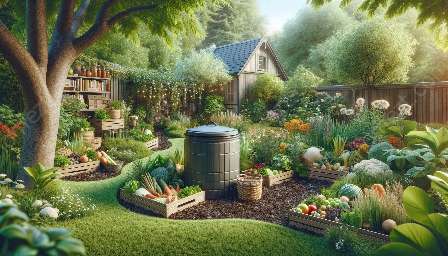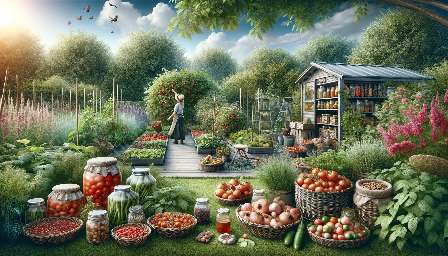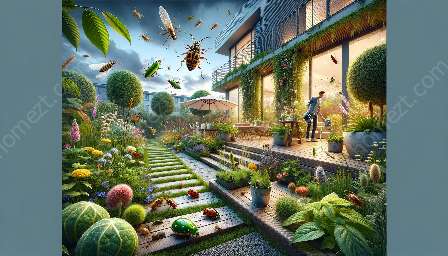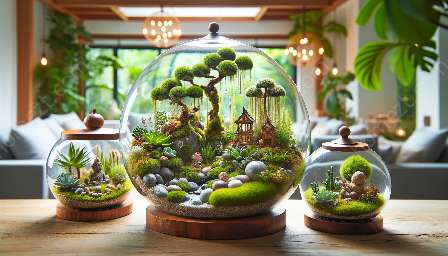Keeping pests at bay is a common challenge for gardeners and homeowners. While chemical pesticides are widely used, they can have adverse effects on the environment and human health. Natural pest control methods offer a sustainable and eco-friendly alternative, promoting a healthy and thriving garden while enhancing your home. In this comprehensive guide, we'll explore the benefits and techniques of natural pest control, providing practical tips to help you maintain a pest-free environment naturally.
The Benefits of Natural Pest Control
Natural pest control methods have gained popularity due to their numerous benefits:
- Environmentally Friendly: Natural pest control methods do not harm the environment, soil, or water sources, making them a sustainable choice for gardeners and homeowners seeking eco-friendly solutions.
- Promote Biodiversity: By avoiding harsh chemicals, natural pest control methods support the diversity of flora and fauna in your garden, contributing to a balanced ecosystem.
- Safe for Beneficial Insects: Many beneficial insects, such as bees and ladybugs, are essential for pollination and pest control. Natural pest control methods help preserve these valuable creatures.
- Healthier Produce: By minimizing the use of chemicals, natural pest control promotes the growth of healthier, chemical-free fruits and vegetables in your garden, providing you with nutritious and safe produce for your home.
- Reduced Health Risks: Avoiding toxic pesticides minimizes the health risks associated with chemical exposure for you, your family, and your pets.
Effective Natural Pest Control Methods
Now, let's delve into some effective natural pest control methods for your garden and home improvement projects:
Companion Planting
Companion planting involves growing certain plants together to deter pests or attract beneficial insects. For example, planting marigolds alongside tomatoes can repel nematodes, while attracting pollinators like bees and butterflies.
Biological Pest Control
Introducing natural predators or parasites to combat pest populations is a sustainable way to control pests. Ladybugs, praying mantises, and nematodes are examples of beneficial organisms that can help manage pests organically.
Homemade Pest Sprays
You can create homemade pest sprays using ingredients such as garlic, neem oil, or soap to deter pests like aphids, mites, and caterpillars. These natural sprays are effective and can be safely applied to your plants.
Physical Barriers
Installing physical barriers, such as row covers or netting, can protect your plants from pests like birds, rabbits, and insects. These barriers prevent direct contact between pests and your plants, reducing the need for chemical interventions.
Integrating Natural Pest Control into Home Improvement
Natural pest control can also be integrated into various home improvement projects, ensuring a pest-free and eco-friendly living environment:
Sealing and Caulking
Sealing cracks, gaps, and entry points around your home effectively prevents pest intrusion. By reducing access to your home, you can discourage pests from seeking shelter indoors.
Natural Repellents
Natural repellents, such as citronella, peppermint oil, and vinegar, can be used to deter common household pests like ants, cockroaches, and rodents. These natural solutions are safer than chemical pesticides and emit pleasant aromas.
Proper Waste Management
Effective waste management, including proper storage and disposal of organic waste, helps minimize pest attraction around your home. By keeping your surroundings clean and well-maintained, you can deter pests from establishing habitats near your living space.
Conclusion
Embracing natural pest control methods in gardening and home improvement not only protects the environment and promotes biodiversity, but also contributes to healthier and safer living spaces. By implementing these eco-friendly strategies, you can uphold the beauty of your garden and enhance the comfort of your home while harmoniously coexisting with nature.












































